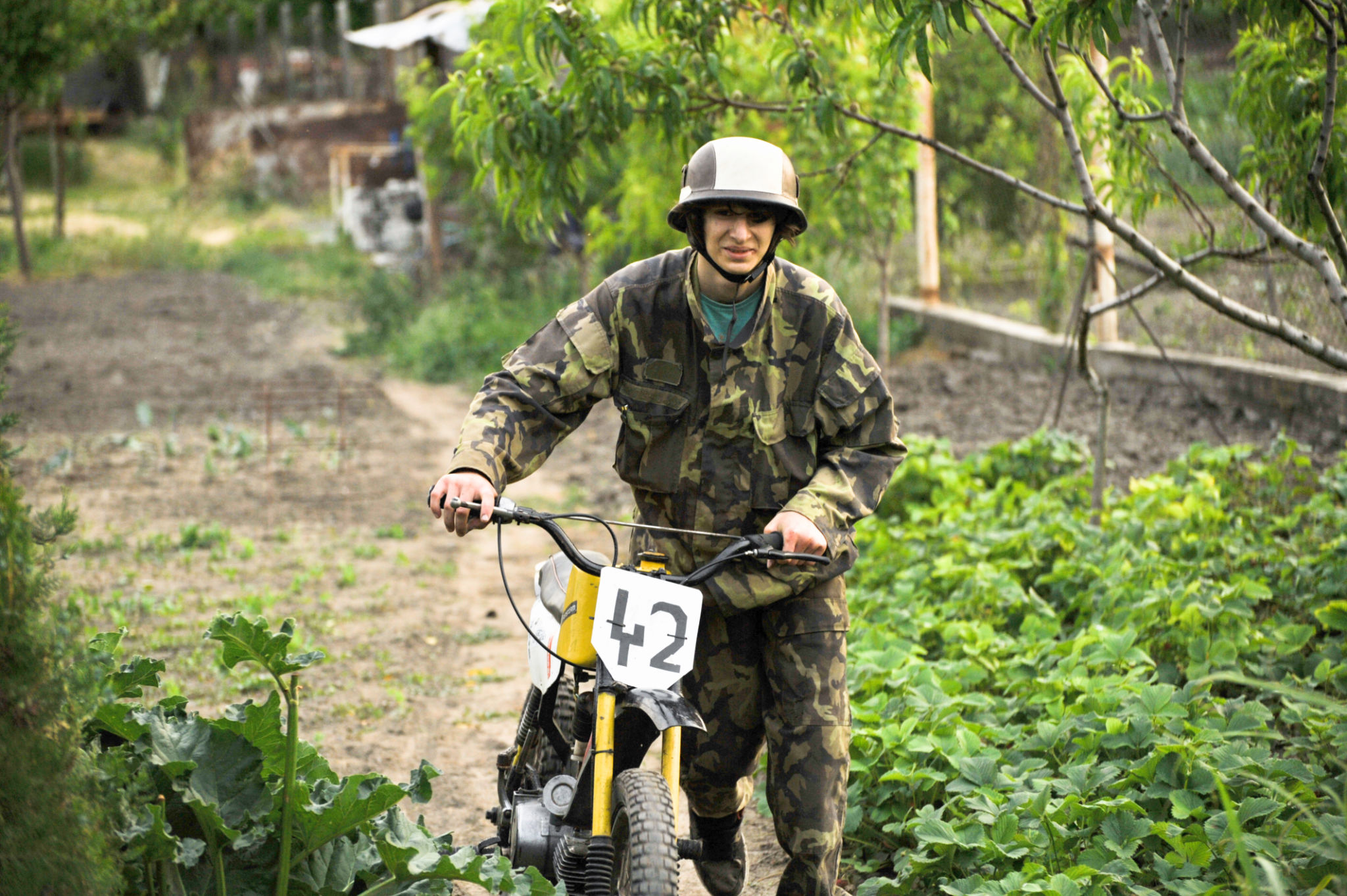Key Challenges in Formulating Effective Policies Against Child Soldiers
Understanding the Complexity of Child Soldier Recruitment
The recruitment of child soldiers is a grave issue affecting many countries around the world. These children are often forced or coerced into joining armed groups, where they are used as fighters, cooks, spies, or for other purposes. Formulating effective policies to combat this problem is fraught with challenges, requiring a nuanced understanding of the socio-economic and political factors that contribute to the recruitment of child soldiers.
One primary challenge is the socioeconomic environment in which these children live. Poverty, lack of education, and limited employment opportunities make them vulnerable to recruitment. Armed groups exploit these vulnerabilities, offering a sense of belonging or falsely promising financial support for their families.

The Legal and Ethical Dimensions
Another significant challenge in addressing the use of child soldiers is the legal framework. International laws and conventions, such as the United Nations Convention on the Rights of the Child, provide a foundation for protecting children from recruitment. However, enforcing these laws is often difficult, particularly in conflict zones where government control is weak or non-existent.
Moreover, there is an ethical dimension to consider. Reintegration programs for former child soldiers must strike a balance between justice and rehabilitation. While accountability for crimes committed is important, these children are often victims themselves and need support to reintegrate into society.
Political Challenges and Stakeholder Coordination
Political instability in affected regions poses another significant barrier. Governments in conflict-affected areas may lack the resources or political will to enforce international norms against the use of child soldiers. Additionally, ongoing conflicts can make it difficult to monitor compliance and hold violators accountable.

Coordination among various stakeholders is crucial but challenging. Effective policy formulation requires collaboration between governments, NGOs, international organizations, and local communities. Ensuring that these entities work together harmoniously is essential for creating comprehensive strategies to prevent child soldier recruitment.
Cultural Sensitivity and Community Engagement
Cultural factors can also complicate efforts to combat the use of child soldiers. In some communities, there may be traditional practices or beliefs that inadvertently support the recruitment of children into armed groups. Addressing these cultural nuances requires sensitivity and a deep understanding of local customs and values.
Engaging with communities to change perceptions and attitudes is vital. Grassroots initiatives that educate and empower local populations can be effective in preventing recruitment by raising awareness about the rights of children and the importance of keeping them out of armed conflict.

Innovative Solutions and Future Directions
Despite these challenges, there are promising strategies being developed to combat the use of child soldiers. Innovative approaches, such as leveraging technology for monitoring and reporting recruitment activities, are being explored. Additionally, programs that focus on education and skill development can help address the root causes of recruitment by providing children with viable alternatives.
Moving forward, it is crucial that the international community continues to prioritize this issue. By addressing the complex challenges involved in formulating effective policies against child soldiers, we can work towards a future where children are protected from the horrors of armed conflict and given the opportunity to lead peaceful and productive lives.